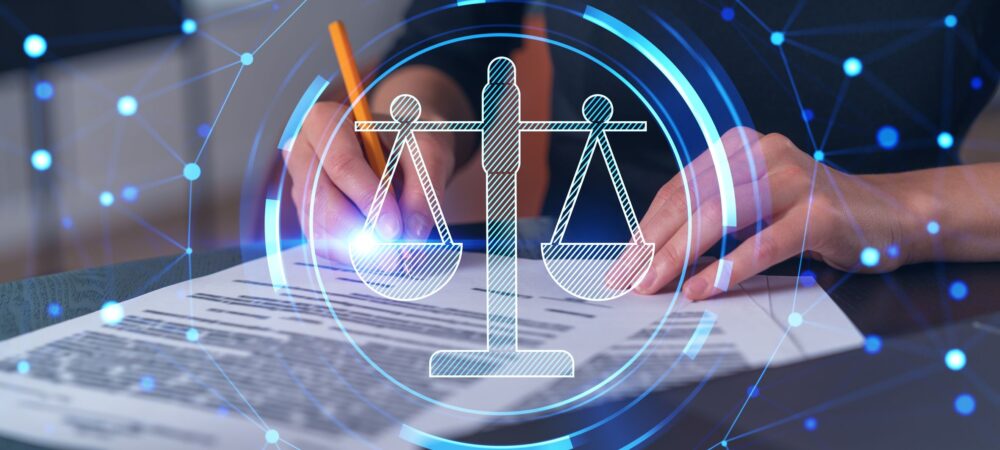In the case of John Doe 1, et al., v. National Collegiate Athletic Association, the National Collegiate Athletic Association (“NCAA”) filed a motion to compel the production of social media feeds and associated information from the plaintiffs, current and former college baseball players alleging sexual harassment and misconduct by their coaches at the University of San Francisco. The court disapproved of the plaintiffs’ approach to eDiscovery and granted the NCAA’s motion to compel production of electronically stored information from the plaintiffs’ social media accounts.
The defendant’s motion to compel focused on two specific requests for production: 1) plaintiffs’ complete social media feeds and 2) an export of all information associated with each plaintiff’s social media accounts, including their private messages. Though plaintiffs agreed to produce their complete social media feeds at the hearing, the plaintiffs stood on their argument that exporting all information associated with each account was unduly burdensome and disproportionate. Despite standing on their argument, the plaintiffs failed to specifically detail the burden of such a document production to the court. Thus, the court rejected their argument and opined “[p]laintiffs were unable to answer the most basic question of how many private messages there are, demonstrating that they have made little to no effort to quantify any burden that may exist”.
Beyond failing to demonstrate the burden related to the NCAA’s discovery requests, the court expressed concern over the plaintiffs’ “lackadaisical” discovery practices. Indeed, despite the defendant’s discovery requests being served in August 2023, the plaintiffs had not produced any electronically stored information by February 2024. The plaintiffs cited an impasse over search terms to identify relevant social media posts and messages but failed to make a timely effort to produce any relevant information. The court found this approach unacceptable and chided the plaintiffs’ lack of urgency in responding to discovery requests.
It follows that the court granted the defendant’s motion to compel, requiring the plaintiffs to produce their social media feeds and all information associated with their social media accounts, including private messages, within 14 days. The court addressed the plaintiffs’ privacy concerns related to private messages and allowed plaintiffs’ to take measures to protect the plaintiffs’ privacy, such as designating private messages as confidential and redacting third-party identifying information.
If your organization is seeking support with eDiscovery, our team has solutions to address all phases of the discovery process. At CODISCOVR, we deliver client-focused, defensible, and scalable solutions using advanced technology and intelligent review practices to meet eDiscovery, document review, and information governance needs in a manner that reduces the risks and costs associated with electronically stored information. Reach out to Nicholas Berenato, associate attorney, CODISCOVR. Nick focuses his practice on information governance and electronic discovery in the construction, higher education, financial services, antitrust, government investigations, white-collar, insurance defense, and health care and life sciences industries.
To read this case in its entirety, please click here.




